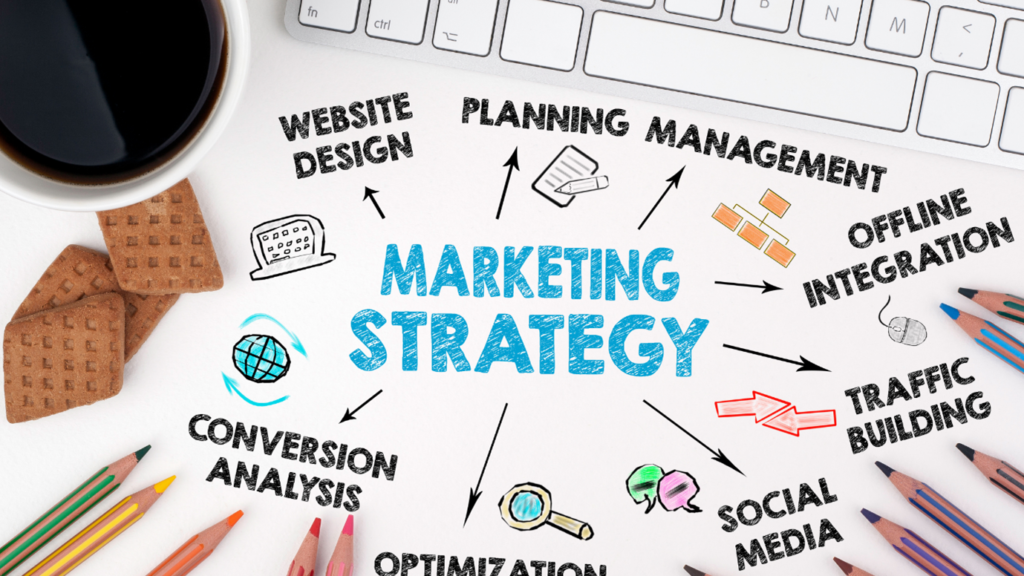
Your network is your future: Why marketers and supply chain professionals rise through relationships
Africa’s marketing and supply chain sectors shift fast. Professionals need strong networks to stay informed and ready for new steps. This blog shows why networking shapes your future, how it influences career growth, and why communities like the IMM Institute matter for marketing and supply chain practitioners across Africa.








